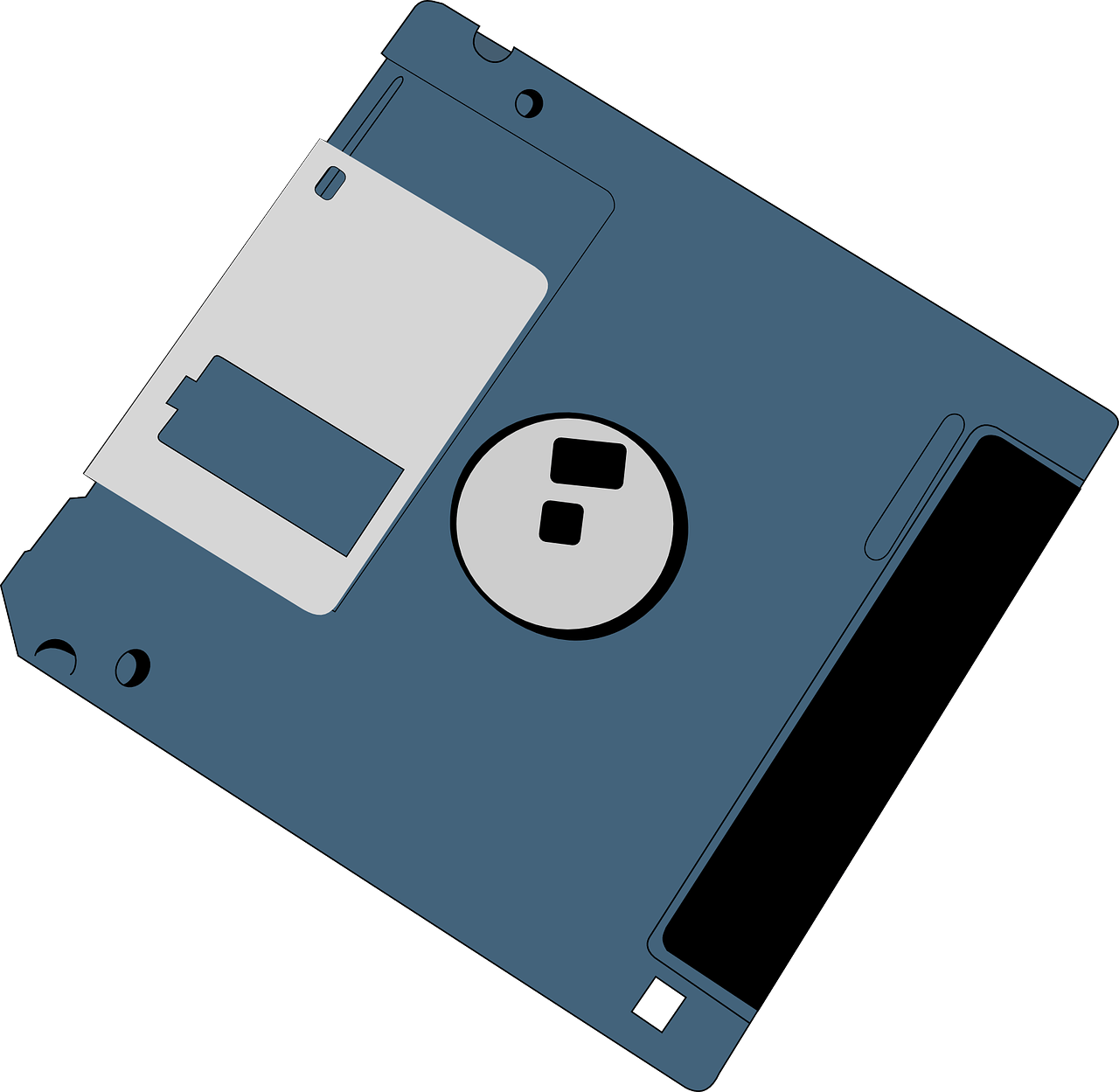
It’s not every day that a technology, long since replaced by newer and more advanced alternatives, continues to hang on with dogged determination. Yet, floppy disks, those iconic storage devices of a bygone era, persist in numerous industries, from embroidery to aviation. The question then becomes, why do these seemingly archaic forms of technology refuse to go quietly into the night?
Consider the story of Mark Necaise, a travelling embroiderer attending horse shows across Mississippi. His primary tool, a second-hand embroidery machine purchased five years ago, accepts designs transferred from a computer exclusively via floppy disks. As his supply dwindled down to the last few, the threat of an imminent halt to his embroidery work loomed large.
Necaise’s situation is not an isolated incident. Many industries and machines continue to depend on floppy disks, despite the last major manufacturer ceasing production in 2010. Machines in the realms of plastic molding, medical equipment, and even aviation rely on a diminishing stockpile of floppy disks. Interestingly, these devices were prevalent in official Japanese government procedures until very recently.
Despite the critiques of those who see floppy disks as a relic of the past, they continue to play an integral role in various sectors. For instance, small businesses and companies operating on slim margins often continue to use floppy disks, either due to budget constraints or a simple lack of urgency to upgrade their equipment.
Take, for instance, the case of Geosky, a cargo airline based in Tbilisi, Georgia. The company applies critical updates to its fleet of 36-year-old 747-200s using floppy disks. These updates, released every 28 days according to a global schedule, contain crucial data such as changes to runways and navigational aids. With no computers featuring built-in floppy drives left, the company resorts to sourcing an external one to facilitate the update, which usually takes about an hour.
Even in the world of aviation, a sector known for its strict adherence to reliability, we find ourselves tethered to “evolutionary dead ends,” as Brian Ford of ACI Jet, an aircraft maintenance company based in California, puts it. Other seemingly antiquated technologies such as PCMCIA cards and Zip disks also continue to be used, primarily due to their proven reliability.
Yet, change is on the horizon. In response to the decreasing availability of floppy disks, companies have started to offer solutions that bridge the gap between old and new technologies. One such solution is the floppy-to-USB emulator, a device that replaces the floppy drive with a USB port. These emulators, while not cheap, have become a viable upgrade path for those reliant on floppy disks.
PLR Electronics, a Texas-based company, is one such provider of these emulators. Their products have found a market among various machine users, such as embroidery and CNC machines. According to Joshua Paschal of PLR Electronics, a lot of equipment that was never upgraded to USB, even when USB became predominant, are still stuck with floppy drives, particularly embroidery machines. This has presented a significant opportunity to upgrade these individuals to modern technology.
As the world continues to evolve and technology advances at a breakneck pace, it’s fascinating to see these small reminders of our technological past persist. The humble floppy disk, once a staple in any computer setup, now serves as a testament to the endurance of technology and the delicate balance of innovation and reliability.
Yet, the future of the floppy disk remains uncertain. As supplies dwindle and companies increasingly turn to modern solutions, it is clear that the end may finally be in sight for these resilient pieces of technology. Until then, the floppy disk will continue to hum away in machines around the world, fulfilling its duties in sectors as diverse as embroidery, aviation, and beyond.
In the grand narrative of technological progress, the persistence of the floppy disk offers a valuable lesson. While it’s crucial to embrace the new, it’s equally important to respect the old and understand its continued relevance in certain areas. This understanding can guide us in the quest for innovation, ensuring that we remain grounded in the practical realities of various industries while reaching for the stars of technological advancement.